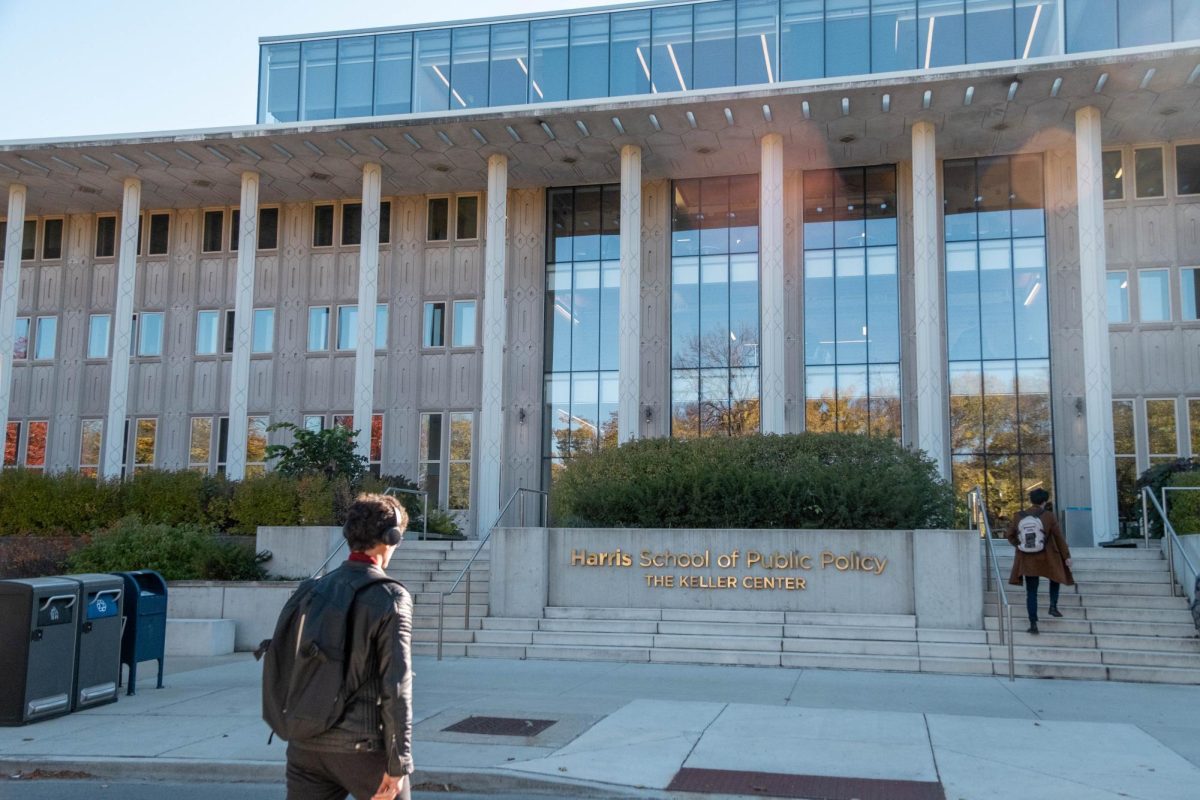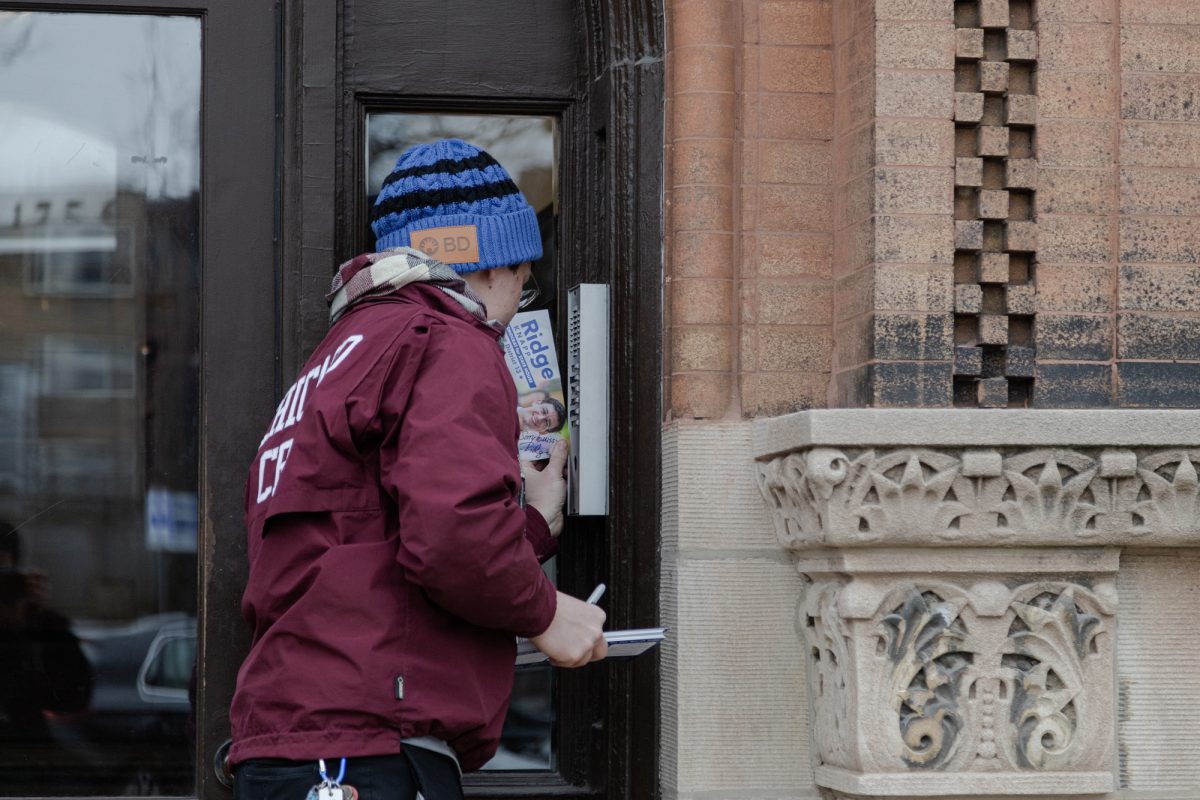A newly discovered computer virus referred to as “Myparty” infected the University computer network on Monday morning. The virus self-replicates by emailing itself to all addresses listed in the infected computer’s address book. Microsoft Outlook and Outlook Express are most susceptible to the virus, which is identifiable by the subject line “New Photos from My Party,” because these programs automatically open all attachments.
According to an email warning circulated by the Networking Services & Information Technologies (NSIT), because Microsoft Outlook and Outlook Express automatically opens attachments, they are primarily responsible for spreading the virus. Students are therefore advised to replace their Outlook programs with Eudora.
Information posted on McAfee.com, the webpage of a maker of a well known anti-virus program, explains that the Myparty virus originated in Russia and is only programmed to infect computers from January 20th to 29th.
Unlike many businesses, academic institutions, due mainly to concerns about privacy and cost, do not make a practice of scanning emails being sent into their computer networks for viruses. David Kanter, a resident computer assistant (RCA) in the Shoreland, says that students’ best means of defense against viruses are anti-virus programs and caution.
“As far as I understand, no academic system has the sort of system corporate America does [to filter emails],” Kanter said. “A lot of companies have a system that filters all emails. Certain words in it, usually sexually explicit words, will set off an alert and a supervisor will be informed about it. Universities as I understand don’t necessarily have that leeway.”
McAfee Antivirus is available for all registered students for free download at the NSIT Site Licensing Office website, http://licensing. uchicago.edu. Antivirus programs are also included in the connectivity package.
“Students are strongly recommended to install an anti-virus software in their computer if they do not already have one,” said Sonya Cates, RCA at Burton-Judson. “Everyone should download [the anti-virus programs] as a precaution, and make sure you have the most-updated version of the program.”
According to the Network Security newsgroup set up by NSIT, students should also watch out for a virus named “nimda,” another prevalent virus that has infected many Windows users since October 2001. This virus infects the Microsoft Internet Information Server (IIS), which damage files in the local computer, modifies existing websites so that download files are infected, and sends mass emails to all email addresses it can find.








